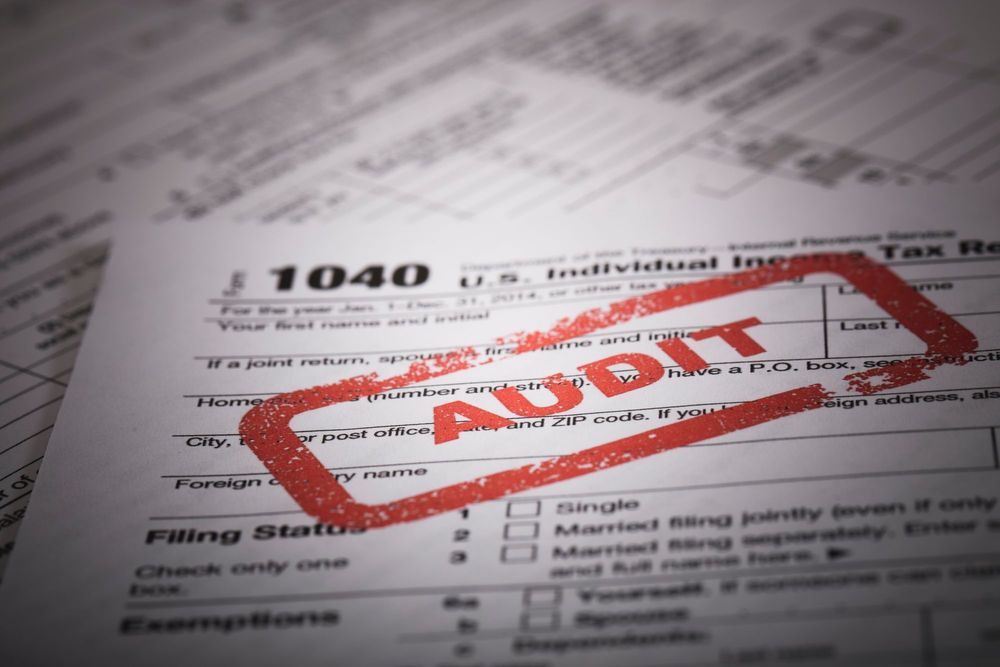Tax season sucks. It’s a reality for us all (especially the procrastinators and unorganized): tracking down elusive documentation, corralling receipts if God forbid you decide to itemize, possibly owing Uncle Sam even more money on top of what is siphoned from every paycheck. Unfortunately, like everything else in America, these experiences are even more unpleasant for Black folks—especially considering we’ve got the highest odds of being audited by the Internal Revenue Service.
A team of economists from Stanford University, the University of Michigan, the University of Chicago, and the Treasury Department have come to the conclusion that Black taxpayers are at least three times (and up to five times) more likely to receive audits from the IRS than other people. This news is surprising, but also a no-brainer; over time, you learn not to be utterly shocked that an American institution is racist or has discriminatory implications. Nothing indicates that Black people are more likely to engage in tax fraud (honestly, it's probably the exact opposite) or evasion. Still, IRS agents don’t explicitly know the race of filers. So how is this disparity possible?
According to the New York Times one reason the IRS disproportionately audits Black people is due to the fact that the agency is more likely to go after tax returns that claim the earned-income tax credit, which is supposed to help low-income workers. This credit is easier to flag than more complex credits and incentives, which are usually filed with the help of seasoned tax professionals. It would require some effort (and probably more funding) on a tax enforcement agent’s part to go after wealthy people who are intentionally trying to evade taxes.
NYT also notes that tax returns that include business income are less likely to get audited because of their difficulty in flagging—Black folks are apparently far less likely to report this kind of income.
“What the IRS chooses to focus on when it conducts audits can either undercut or complement our progressive tax system,” Daniel Ho, an author of the study and faculty director of Stanford’s Regulation, Evaluation and Governance Lab, told the New York Times.
Yet still, even among those who claim the aforementioned earned-income tax credit, Black people were far more likely to be audited. There may be another reason. Researchers found that the IRS might be honing in on specific neighborhoods, which furthers the racial disparities. While the IRS doesn’t know the race of tax filers because the information is not given to them plainly, they might have a good idea based on the address/locality.
Basically, the IRS is doing the easiest work it can—agents have to do something while on the clock. Rather than go after someone like Donald Trump, they target poor Black people. What a country.
More From LEVEL:
